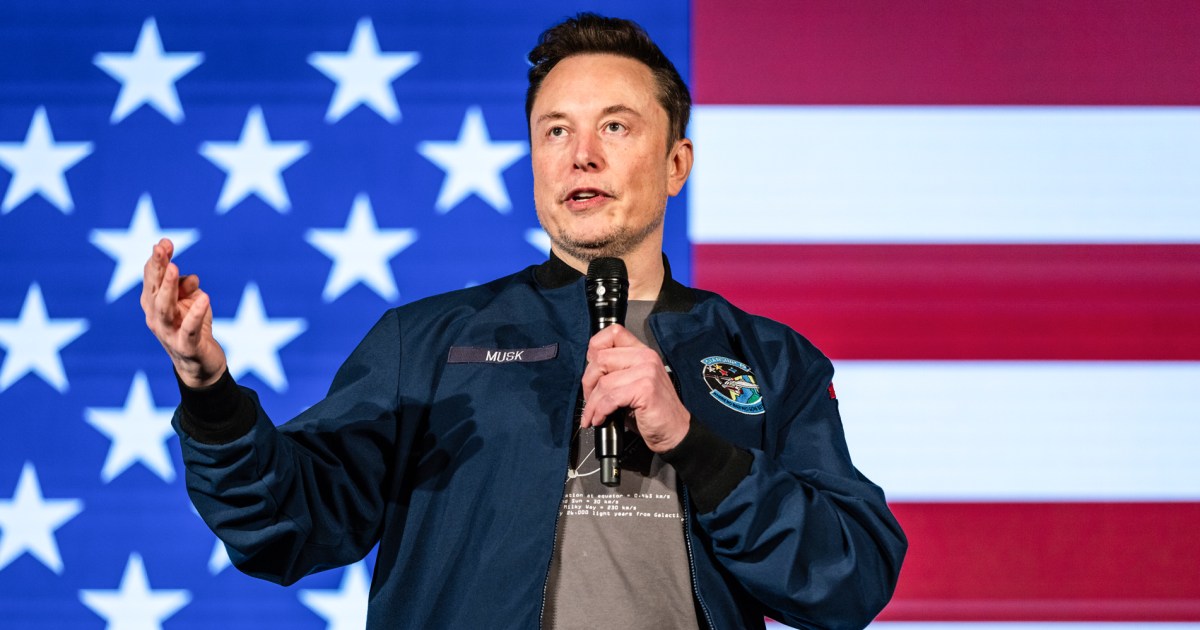Tech
GM in talks to buy EV batteries built with Chinese tech in US, source says

By David Shepardson and Nora Eckert
WASHINGTON/DETROIT (Reuters) -General Motors is in talks to buy electric vehicle batteries that would use technology from China’s CATL and be assembled at a new plant in the United States, a person briefed on the matter confirmed on Thursday.
Crosstown rival Ford Motor already plans to license CATL technology to produce low-cost lithium-iron batteries at a battery plant it is building in Michigan under a plan announced in February 2023.
But U.S. lawmakers including Intelligence Committee vice-chair Marco Rubio have raised concerns about Ford’s plan.
In GM’s case, the proposed plant would be funded and operated by Japanese consumer electronic firm TDK Corp, Bloomberg News reported, and is expected to be located in the south of the United States and to create more than 1,000 jobs.
Talks are still ongoing and many details are still unclear, the source told Reuters, with no final deal expected immediately. A deal could help GM produce lower-cost batteries and by assembling them in the United States, avoid new U.S. tariffs.
“Our EV strategy is focused on designing products that continue to lower cost, improve performance and localize production. Battery technology is a key enabler of that strategy. We won’t comment on speculation,” GM said.
CATL did not immediately respond to a request for comment.
Automakers face tens of billions of dollars in capital costs to build new EVs and batteries, as they race to put out greener vehicles that comply with stringent emissions regulations amid heavy competition around the globe.
Industry officials previously said that if Ford was allowed to proceed with its CATL deal, other automakers would quickly follow suit so they could also cut costs.
Earlier, GM and Hyundai Motor announced that they have agreed to explore future collaboration across key strategic areas including potential joint vehicle development, supply chains and clean-energy technologies.
(Reporting by Nathan Gomes in Bengaluru, Nora Eckert in Detroit and David Shepardson in Washington; Editing by Shailesh Kuber and Alexander Smith)








